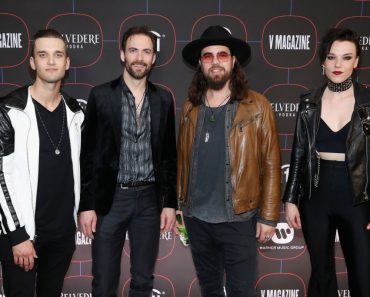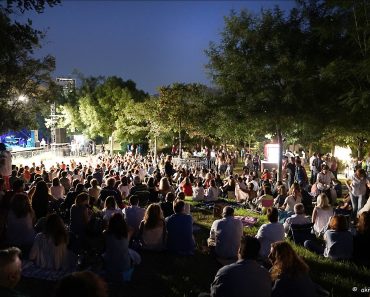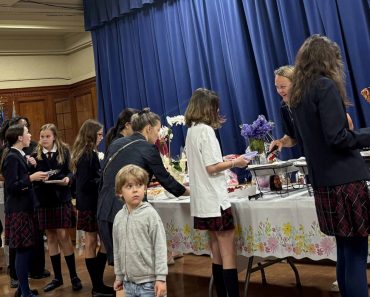In a dazzling finale at the 69th Eurovision Song Contest in Basel, Switzerland, Austria’s JJ clinched victory with his opera-infused track “Wasted Love,” marking Austria’s first win since Conchita Wurst’s 2014 triumph. The 24-year-old countertenor, Johannes Pietsch, captivated audiences with a blend of lyricism, balladry, and a techno crescendo, performed in a nostalgic black-and-white 4:3 ratio. Scoring 436 points, JJ outshone Israel (357 points) and Estonia (356 points).
“Love is the strongest force in the world. Let’s spread more love,” JJ declared, holding the iconic microphone-shaped trophy. “This is beyond my wildest dreams.”
Greece’s Klavdia, with her emotive power ballad “Asteromata,” secured an impressive 6th place with 231 points, heralding a triumphant return for Greece to the Eurovision stage. Performing 17th under the artistic direction of Fokas Evangelinos, Klavdia’s heartfelt delivery, themed around separation and catharsis, earned rapturous applause and high televote scores. Social media erupted with praise, with #Asteromata trending as fans celebrated “Greece’s return to a serious Eurovision” and lauded her authenticity.

Despite Sweden’s KAJ being pre-show favorites with their comedic “Bara Bada Bastu,” they faded to fourth, followed by Italy, Greece, and France. The contest, watched by an estimated 160 million globally, featured 26 finalists showcasing Europe’s diverse musical tapestry—from Portuguese guitar ballads to Lithuanian alternative rock and Malta’s diva-driven “Serving.”
Highlights included Finland’s Erika Vikman, whose provocative “Ich Komme” ended with her hoisted on a sparkling golden microphone, and France’s Louane, whose poignant “Maman” featured falling cork pieces symbolizing time. Poland’s Justyna Steczkowska marked a record 30-year gap between Eurovision appearances.
Israel’s Yuval Raphael, a survivor of the October 7, 2023, attack, faced protests during her performance of “New Day Will Rise,” with two individuals attempting to storm the stage. Pro-Palestinian demonstrations outside the venue saw clashes with police, reflecting tensions over Israel’s participation amid the Gaza conflict.
The St Jakobshalle arena buzzed with 6,500 fans, including first-timer Luena Beeler, draped in an Austrian flag, who called the experience a “life dream.” Across the city, 36,000 partied at a football stadium, singing along to ABBA’s “Waterloo” in a nod to Eurovision’s 1974 legacy.
As the world anticipates the 70th anniversary of Eurovision in 2026, JJ’s victory and Klavdia’s standout performance have set the stage for another year of musical celebration.
Source: AFP/GCT







